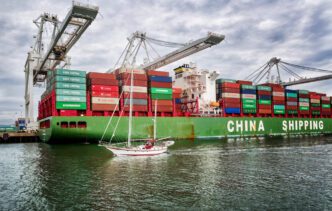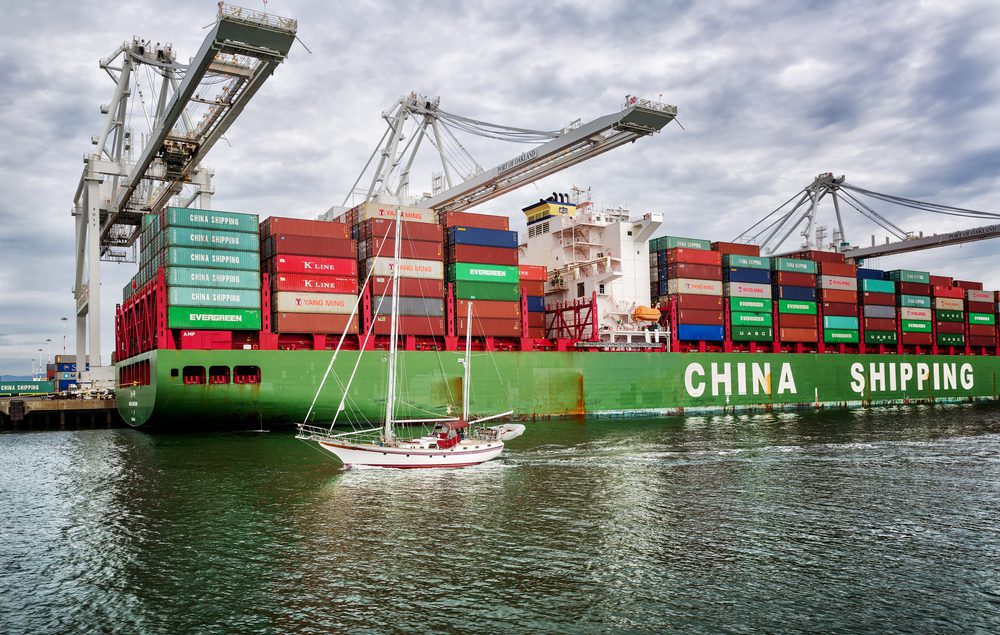Executive Summary
The Story So Far
Why This Matters
Who Thinks What?
US and Chinese officials concluded their first day of trade talks in Madrid on Sunday, addressing a range of complex issues including strained bilateral trade relations, the impending divestiture deadline for the short-video app TikTok, and Washington’s push for allies to impose tariffs on Chinese imports due to its purchases of Russian oil. The negotiations, led by US Treasury Secretary Scott Bessent and US Trade Representative Jamieson Greer, alongside Chinese Vice Premier He Lifeng and China’s top trade negotiator Li Chenggang, lasted approximately six hours.
Ongoing Dialogue Amidst Tensions
These discussions mark the fourth time in as many months that delegations from both nations have convened in European cities, an effort to prevent further deterioration of the fractured US-China trade relationship. Their previous meeting in Stockholm in July saw an agreement in principle to extend a trade truce for 90 days.
President Donald Trump has since approved the extension of current US tariff rates on Chinese goods, which are now set to remain in place until November 10.
TikTok Divestiture and Limited Breakthroughs
Trade experts express skepticism regarding the likelihood of any substantial breakthrough from the current round of talks. The most anticipated outcome is another extension of the deadline for ByteDance, TikTok’s Chinese parent company, to divest its US operations.
A source familiar with the discussions indicated that this would mark the fourth extension of the deadline since President Trump took office. Experts like William Reinsch and Wendy Cutler suggest that more significant deliverables are likely being reserved for a potential one-on-one meeting between President Trump and Chinese President Xi Jinping.
Broader Economic and Security Concerns
Beyond direct trade issues, the US Treasury Department confirmed that the talks also encompassed joint US-Chinese efforts to combat money laundering. This included specific demands for China to intensify its crackdown on illicit technology shipments to Russia.
US Treasury Secretary Bessent has been actively urging G7 allies to impose “meaningful tariffs” on imports from both China and India. The objective is to exert pressure on these nations to cease their purchases of Russian oil, a measure discussed and agreed upon for accelerated action by G7 finance ministers.
Outlook for Continued Engagement
China’s Ministry of Commerce stated that the talks would broadly cover economic and trade issues, without offering specific details. The negotiations are scheduled to resume on Monday, indicating a continued commitment from both sides to maintain dialogue despite the significant policy divergences.








